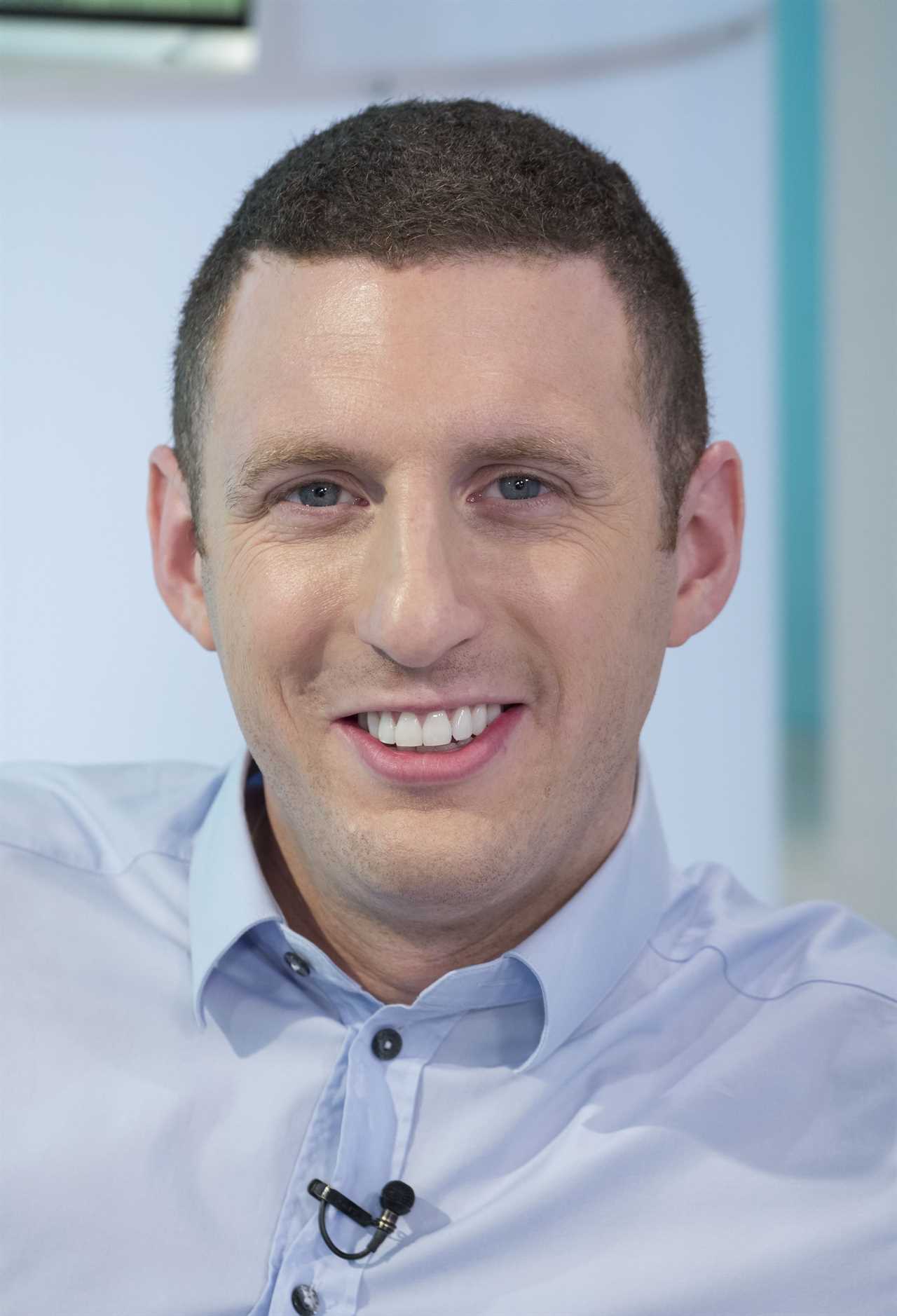PRINCE Harry has become too “self-obsessed” and has likely had “too much therapy”, an NHS psychiatrist has said.
The Duke of Sussex opened up about his upbringing last week, claiming he moved his son to the States to “break the cycle” of “genetic pain” from his own childhood.

Read our Meghan and Harry live blog for the latest updates

He gave the analysis on the Armchair Expert podcast, in which Harry described his former royal life as a mix between The Truman Show and living in a zoo.
It came just two months after his explosive interview with Oprah Winfrey, in which he and Meghan Markle opened up about how their mental health had suffered as senior working royals.
But NHS psychiatrist Dr Max Pemberton suggests Harry is over-analysing his troubles – and may have had too much therapy.
“He is starting to embody the characteristics of those who’ve had too much therapy,” the doctor writes in the Daily Mail.
“Self-centred, self-obsessed, aggrieved and resentful.”
“While a bit of self-obsession is acceptable inside a therapist’s office, it is unbecoming in public,” he adds, “especially from someone who has — and continues to have — a life of almost unparalleled luxury and privilege.”

Speaking on the Armchair Expert Podcast last week, Harry, 36, told host Dax Shephard his dad, 72, “suffered” due to his upbringing by the Queen and Philip, then “treated me the way he was treated”.
He said: “I verbalise it, which is, ‘Isn’t life about breaking the cycle’?
“There’s no blame, I don’t think we should be pointing the finger or blaming anybody.
“But certainly when it comes to parenting, if I have experienced some form of pain or suffering because of the pain or suffering perhaps my father or my parents suffered, I’m gonna make sure that I break that cycle so that I don’t pass it on, basically.”
He added: “There is a lot of genetic pain and suffering that gets passed on anyway. As parents we should be doing the most that we can to say, ‘You know what, that happened to me, I’m gonna make sure that’s not going to happen to you’.”
But Dr Pemberton suggests it would be helpful for the duke to show through his actions how he has turned his difficulties into something positive, “rather than simply sounding spoilt and angry”.
While “bottling things up is not the answer,” the doctor says the prince should, at some point, “let it go”.
“Constantly reopening and examining [wounds] only makes them take longer to heal and more likely to scar,” he says.
“Sometimes, the best thing someone can do is to pick themself up, dust themself off, accept that they have been knocked down and get on with their life.”






